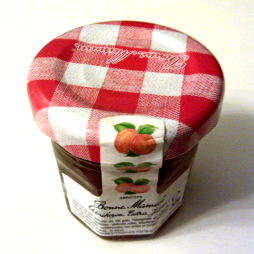One of the great regular TEDTalks contributors, Barry Schwartz, held a lecture about why the amount of choice we have in our lives is a bad thing. I just found the lecture on Youtube and while the TEDTalk was already held in July 2005, I think it’s still valuable.
Why choice makes people miserable:
- Regret and anticipated regret
- Opportunity costs
- Escalation of expectations
- Self-blame
The best quote: “The secret to happiness is … low expectations.” (Barry Schwartz, 2005)
Watching this video should be life-changing for marketeers and will change the way they approach portfolio management and the choice (=responsibility) they give consumers: » More: Why choice is bad

